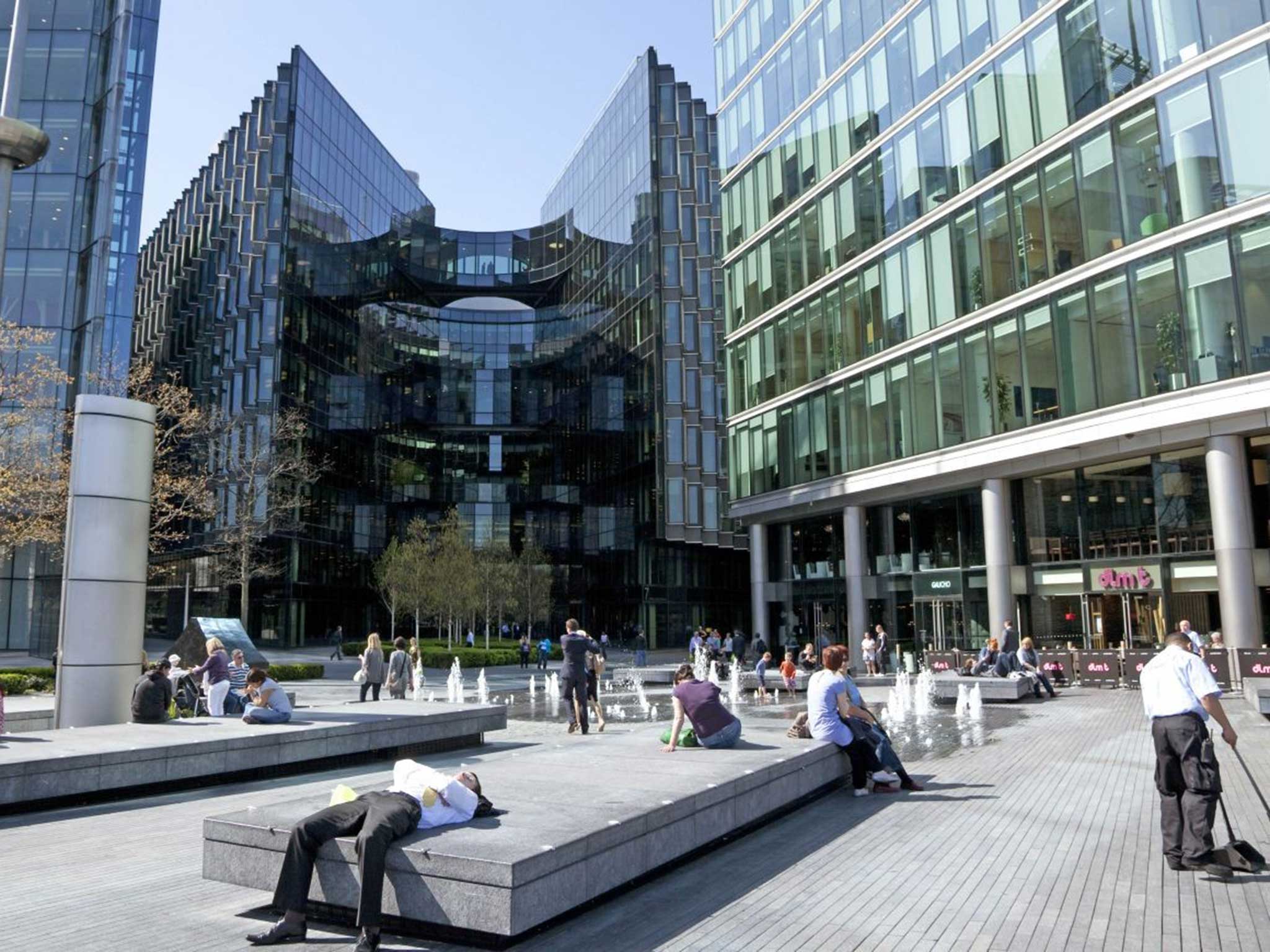PricewaterhouseCoopers condemned for giving misleading evidence to Parliament and ‘promoting tax avoidance on an industrial scale’
PwC was accused by the MPs of misleading them about the way it has helped hundreds of firms avoid millions in tax by shifting profits from other countries to low-tax Luxembourg

The accountancy giant PricewaterhouseCoopers (PwC) is promoting tax avoidance by multinational firms “on an industrial scale,” MPs said in a damning report published today.
PwC, which has close links to the Conservatives, Labour and the Treasury, was accused by the MPs of misleading them about the way it has helped hundreds of firms avoid millions in tax by shifting profits from other countries to low-tax Luxembourg.
Margaret Hodge, Labour chairman of the cross-party Public Accounts Committee (PAC), told The Independent that ministers should consider banning PwC from the lucrative government contracts it enjoys. “We should use public procurement as a lever to influence behaviour,” she said.

PwC provided the Conservatives with staff “technical support” and “professional advice” worth more than £290,000 before the 2010 general election. On Wednesday, Ed Miliband accused David Cameron of failing to act on tax avoidance to protect his “friends”. Last night Shabana Mahmood, a Shadow Treasury Minister, said: " This Government has totally failed to close the tax loopholes which are losing vital revenues for our public services. The next Labour government will act."
However, PwC has provided researchers to the offices of Ed Balls, the shadow Chancellor, at a cost of £64,162, and Chuka Umunna, the shadow Business Secretary (£99,550). Ms Hodge said: “We must all stop this revolving door, which happens far too much. We are not tough enough on that. These vested interests abuse their power.”
She said the law encouraged accountancy firms to “take a punt” on tax avoidance schemes because there was a 50 per cent chance that HM Revenue & Customs would allow them. She called for heavy fines to be introduced as a deterrent.
Although PwC told Ms Hodge’s committee it was “not in the business of selling [tax avoidance] schemes”, the MPs declared: “PwC did not convince us that its widespread promotion of schemes to numerous clients, based on artificially diverting profits to Luxembourg through intra-company loans, constituted anything other than the promotion of tax avoidance on an industrial scale.”
The PAC launched an inquiry after the leak last November of 548 letters between PwC and Luxembourg’s tax authorities about 343 of the firm’s multinational clients. PwC advises Amazon, IKEA, Burberry, Accenture, Coca-Cola and Vodafone and at least 80 of its clients have UK headquarters.

PwC helped clients use a complex system of intra-company loans from their Luxembourg subsidiaries to others located elsewhere. The interest on them was deductible against profits in other countries, while interest paid to Luxembourg was taxed at a very low rate after an agreement with the tax authorities. This reduced the corporation tax multinationals paid in the countries where they really operated.
Jersey-based Shire Pharmaceuticals, which arranged £10bn of intra-company loans, paid tax of only 0.0156 per cent on its profits to the Luxembourg tax authority. Only two of its 5,600 staff are based in Luxembourg.
Today’s (fri) PAC report called on the Government to bring in a code of conduct for all tax advisers, describing PwC’s own self-policing code as “not fit for purpose.” Firms should face financial sanctions for breaching the new code, it said.
The MPs said: “Whilst the code may prevent PwC tax advisers from acting outside of the law, it does not prevent them from devising and selling schemes that have no purpose other than the avoidance of tax. The tax industry has demonstrated very clearly that it cannot be trusted to regulate itself.” They added: “Unless HMRC takes urgent action, this irresponsible activity will go unchecked, causing harm to both the public finances and the reputations of the companies involved.”
PwC said last night: “We stand by the evidence we gave the PAC and disagree with its conclusions about the work we do. But we recognise we need to do more to explain the positive role we play in the tax system and in helping businesses to operate successfully. We agree the tax system is too complex, as governments compete for investment and tax revenues. We take our responsibility to build trust in the tax system seriously and will continue to support reform.”
An HMRC spokesman said: "Since 2010 we have brought in £31bn additional tax from intervening with large businesses and tackling non-compliance, irrespective of who promoted or set it up. We have an outstanding record for challenging multinationals and their tax advisors who try to get around UK tax law and this drive will be further strengthened by the Government's announcement of a Diverted Profits Tax which will counter contrived arrangements to move profits off shore in order to reduce the tax payable in the UK."
Pressure groups campaigning against tax avoidance welcomed the PAC report. Nick Bryer, Oxfam’s head of UK campaigns and policy, said: “MPs have laid bare the central role of PwC and other accountancy firms in spinning the intricate web of secrecy that surrounds the tax system. Their actions allowing the world’s largest companies to avoid paying their fair share in the countries where they operate are morally indefensible and deprive both the UK government and those in poor countries of revenue that could be helping to tackle poverty.”
Toby Quantrill of Christian Aid said: “Tax is a moral issue and big companies should pay their fair share of tax in the countries where they make their money. Today’s abuse of power by many multinationals is harming the lives of millions of ordinary women and men in poor countries, as well as here in the UK.”
Barry Johnston of ActionAid said: “The damning comments made by Margaret Hodge underline the shocking scale of tax avoidance, which is why we are calling for all the parties to commit to a Tax Dodging Bill within the first hundred days of the next parliament. Tax advisers are a huge part of the global problem of tax dodging, which also costs developing countries billions of pounds a year. The public is clear that tax avoidance, both in the UK and in developing countries where UK firms operate is morally wrong.”
Join our commenting forum
Join thought-provoking conversations, follow other Independent readers and see their replies
Comments